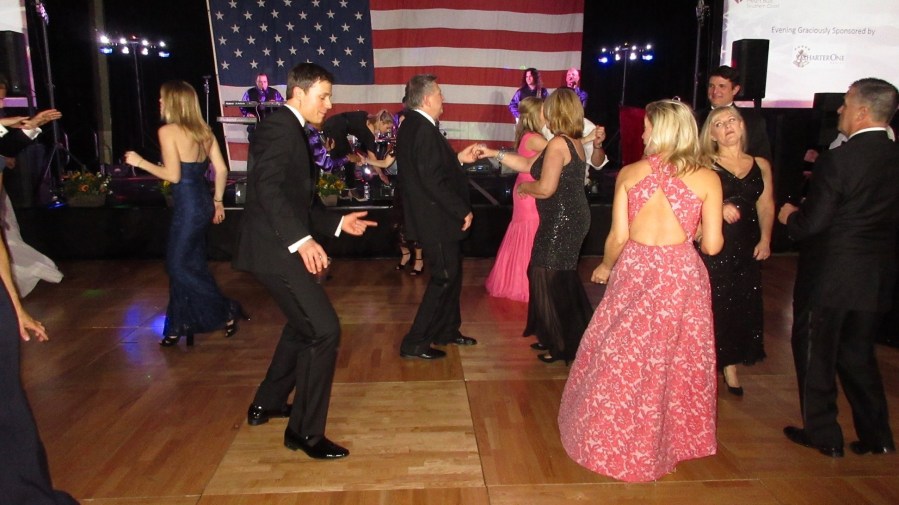
The recent increase in tariffs under the Trump administration poses a serious threat to small businesses on platforms like Etsy. Many sellers, particularly women-owned enterprises, are grappling with the impact of these changes, which could lead to higher prices or even the discontinuation of popular items.
Kellie Abernethy, the owner of Rest of the Nest, started her jewelry business in March 2020 after experiencing personal loss. She crafted a necklace that encased baby’s breath from a bouquet given to her by her husband, aiming to create a memorial piece for parents who have suffered miscarriages. Five years later, Abernethy’s delicate rose gold necklaces have become her bestsellers. However, the introduction of a 30 percent tariff on rose gold sourced from China has left her uncertain about the future of her business.
In addition to the increased tariffs, the Trump administration recently revoked the de minimis exemption, which previously allowed shipments valued under $800 to enter the United States without incurring tariffs. This decision complicates the financial landscape for small businesses like Abernethy’s, which rely on affordable imports to maintain competitive pricing. Abernethy expressed her frustration, saying, “I feel frozen in fear a little bit. I just want to make a decent living doing something I feel deeply passionate about.”
Small businesses owned by women, who constitute about 40 percent of all U.S. businesses, are particularly vulnerable. According to the Small Business Administration, approximately 90 percent of these enterprises operate without employees, relying heavily on personal or family financing. In contrast, 70 percent of male business owners utilize private capital investment, highlighting a funding disparity.
The impact of tariffs is not limited to U.S. sellers. In the United Kingdom, where a 10 percent tariff is now in effect, Etsy sellers who depend on American customers face logistical challenges and increased costs. Lauren Keating, an Etsy seller and coach based in Manchester, noted that many small businesses struggle to understand how tariffs affect their pricing and operations. “The tariffs came in so fast that as sellers we weren’t sure who pays them,” Keating explained.
As sellers navigate this uncertain trade landscape, many express anxiety over their ability to remain viable. Carley Zuercher, an Etsy seller and consultant for small businesses, remarked, “Everyone is pretty nervous. It feels very tough to have a small business in this environment.” Sellers are left to contend with fluctuating tariffs and complicated customs processes, making it difficult to plan for the future.
The changes in trade policy may disproportionately affect the handmade goods market, which has seen significant contributions from female entrepreneurs. Nicole Arnett Sanders, a marketing and consumer behavior expert, emphasized that consumers may be unwilling to pay higher prices for handmade items, pushing sellers to either absorb the costs or risk losing customers to cheaper, mass-produced alternatives.
Abernethy’s passion for her craft and her desire to create a flexible work-life balance for her family are at risk due to these economic pressures. She noted that while tariffs were intended to bolster American companies, “small business owners are getting lost in the shuffle.” As these challenges continue to unfold, the future of small businesses on platforms like Etsy remains uncertain, leaving many sellers to wonder how they will adapt to survive in this evolving marketplace.







